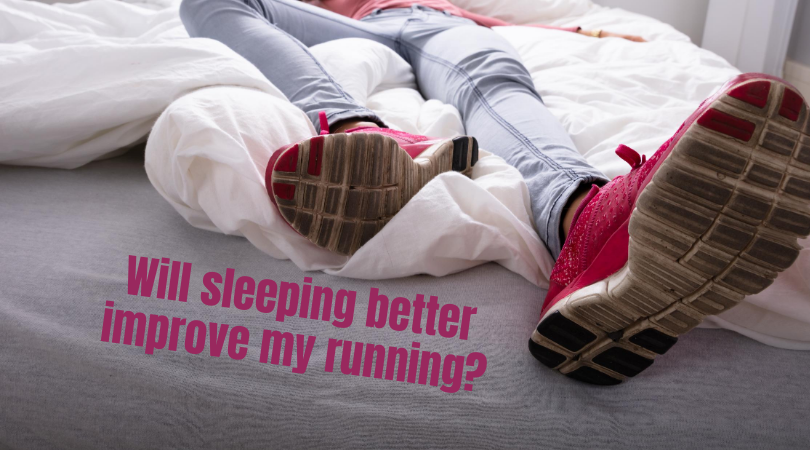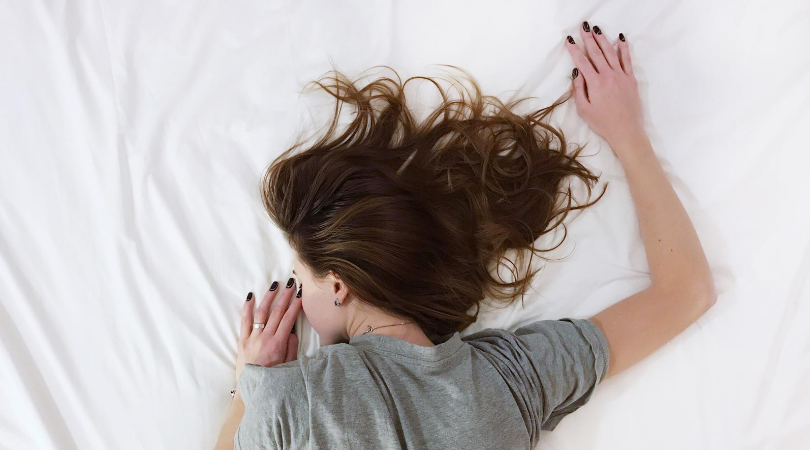Will sleeping better improve my running?

This blog will uncover any connection between poor quality of sleep and running performance. A big thanks to Rich Willy, Tom Goom, Chris Napier & Rich Blagrove for adding to the conversation on twitter & help build this content.
Sleep & running injury risk
To start us off, a study by Milewski, et al. 2014 found that adolescent individuals who slept less than 8 hours per night on average were 70% more likely to report an injury than those who slept more than 8 hours. This is backed by P. Von Rosen, et al. 2016 that found athletes reaching the sleep recommendation during weekdays reduced their odds of injury by 61%. Not only injury, but the risk of developing an inflection almost tripled, by those who sleep less than 7 hours. Most of us would have experienced at least one bout of the flu or sickness this year and can appreciate the halt in training as a result.

Other effects from lack of sleep
It is obvious we need more well-designed studies around this topic. However, we can reflect on the studies mentioned above and draw our own conclusions with the everyday runner. The REASON behind poor sleep and injury remain unclear however, Watson, 2017 suggests it may be related to impairments in reaction time, cognitive function or higher levels of fatigue as a result of sleep deprivation.
Sleep Strategies for better running
I highly recommend taking the online sleep questionnaire to determine your sleep habits. It will also provide you with tailored recommendations. However, if you think you are lacking good quality sleep it is recommended you do the following:
- Switch off from electronic devices 1-2 hours before bed.
- Avoid alcohol or big meals 1-2 hours before bed.
- Make sure your room is dark and cool (18 deg).
- Be conscious of the time you last had caffeine.
- Keep to a consistent sleep pattern.
